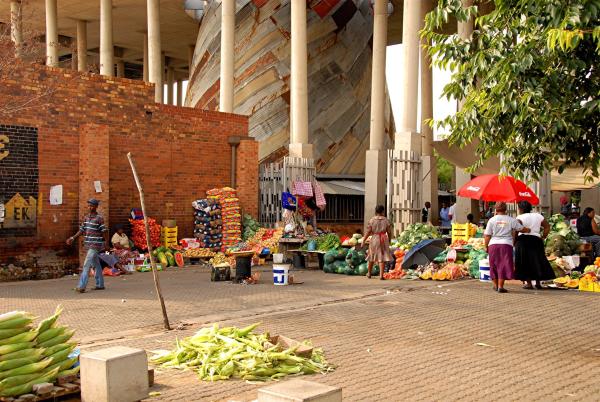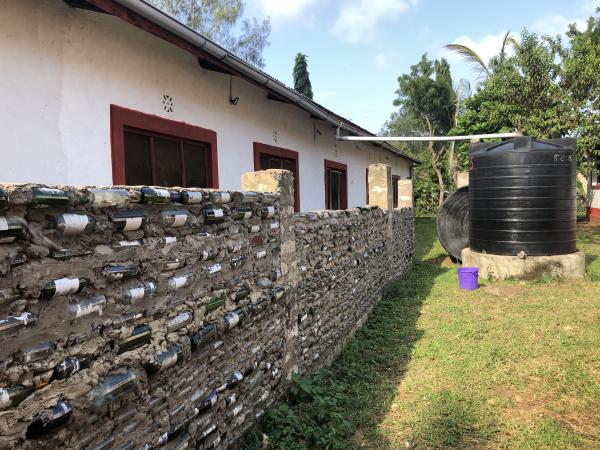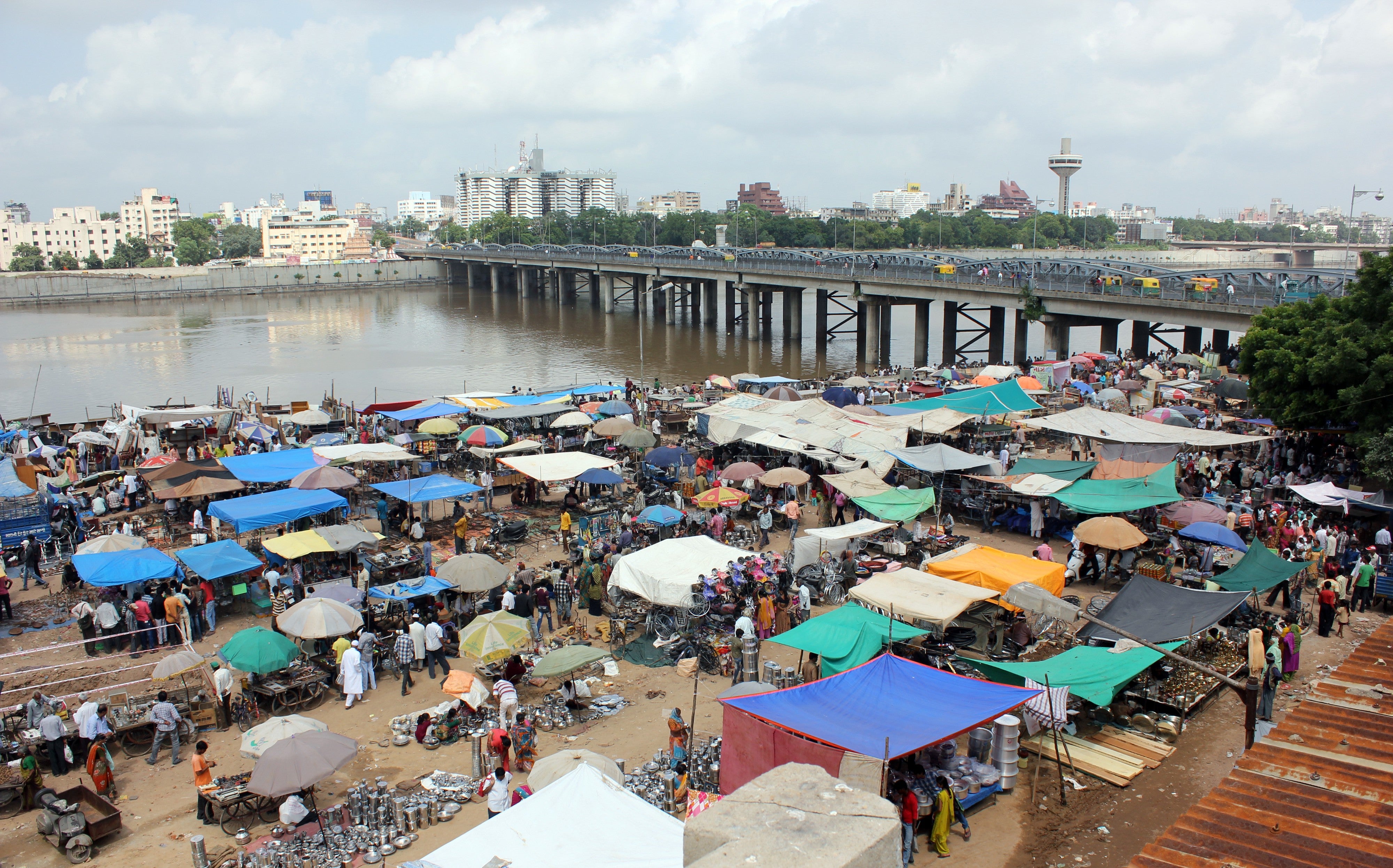Our Mission: What is the human economy, and why is it important?
We view the economy as a malleable human creation. When people’s economic needs are marginalized or unmet by dominant and powerful institutions, people often find ways to creatively adapt around infrastructure or policies that might fail them. Social networks and social solidarity are foundational to these strategies. These attempts can come at a high cost for individuals, such as meeting immediate needs but forestalling future opportunities or increasing precarity. This resilience and concomitant vulnerability exist historically, emerges in diverse forms, and continues to be the way many people attempt to access what they need and achieve their goals when confronted with inhospitable economic situations.


A human economy builds on these strategies and encompasses broader ideas of solidarity and deep sustainable integration with natural environments. It is pluralistic because it includes everyone, and it offers a path forward when larger systems fail. It is therefore part of a solution for shared human problems, such as the COVID-19 crisis, and requires interdisciplinary research from the perspective of the social sciences, the humanities, and the natural sciences.
We seek existing, under construction or new economies focused on human needs more than the accumulation of wealth or concentration of power. Not least, human economies must be globally inclusive, not mechanisms for the benefit of some countries or regions and the deprivation of others.
